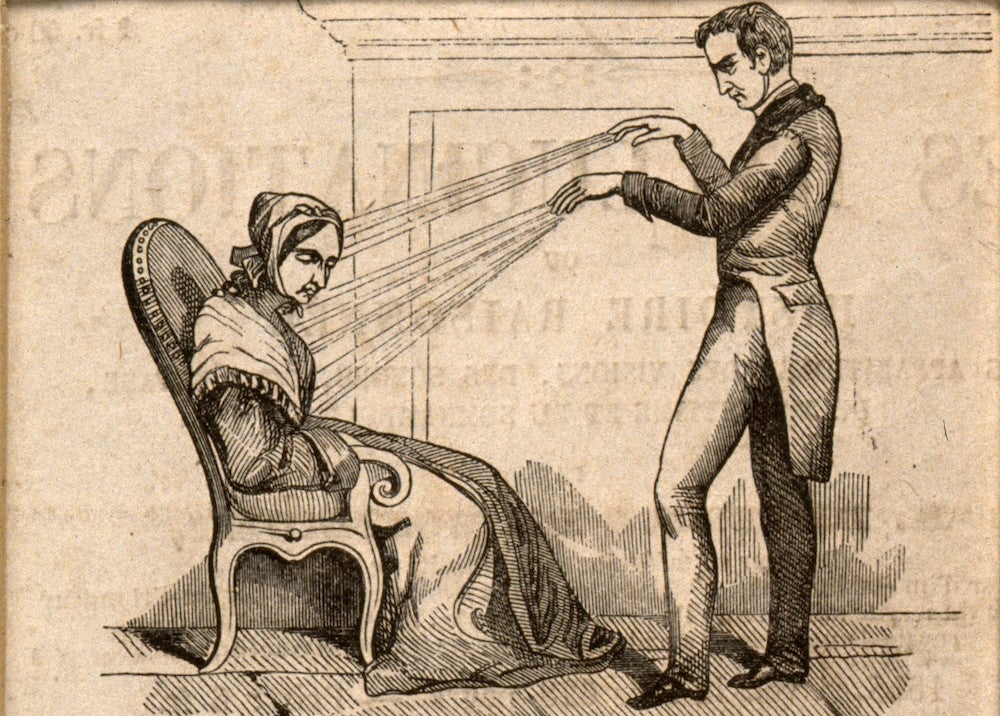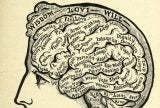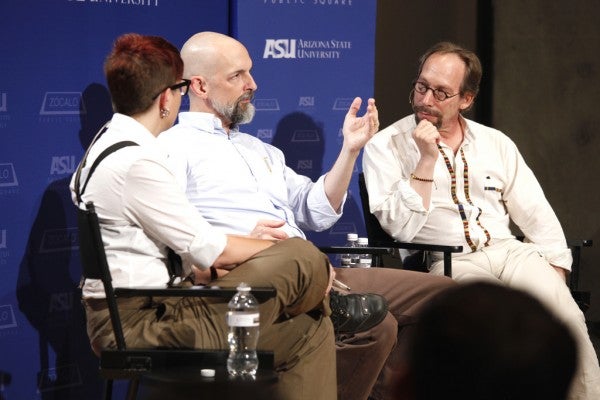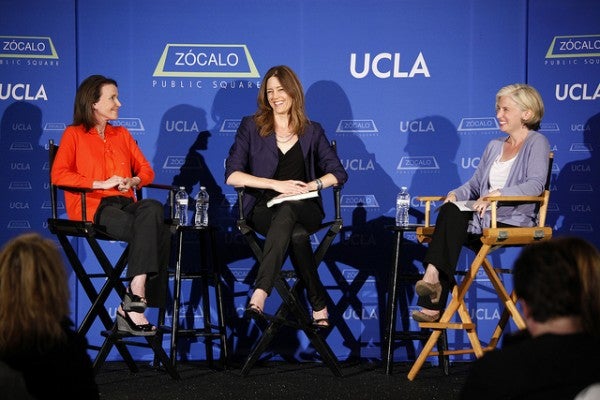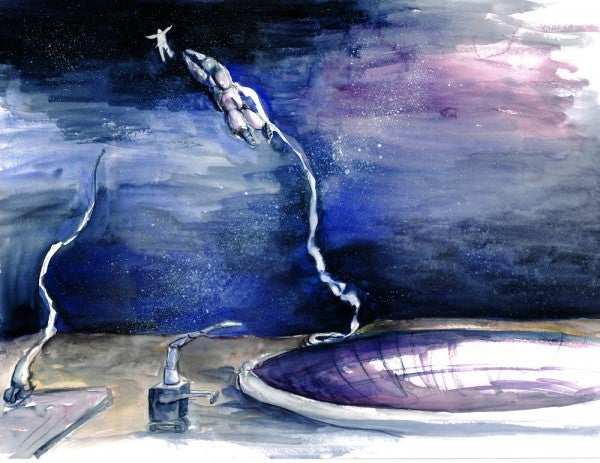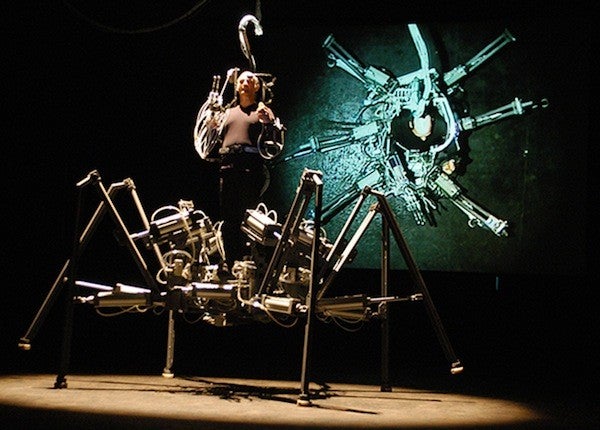The 19th-Century Pseudo-Science Trend That Gave Us ‘Animal Magnetism’
By Promising a Pathway to the Unconscious, Mesmerism Captivated the Public and Intellectuals Alike
In 1836, a trendy European phenomenon took New England by storm. Charles Poyen, a Frenchman and self-proclaimed professor of animal magnetism, launched a multi-city tour of “mesmeric” theatrical shows, the forerunners of modern hypnotism. Poyen’s mesmeric demonstrations included a professional assistant who diagnosed diseases in audience members, as well as volunteers from the audience who—while entranced—might exhibit insensitivity to sharp objects, locate lost items, or read the minds of people present. Upon waking, the subjects had no recollection of what had happened during their time in a trance.
Poyen also …




